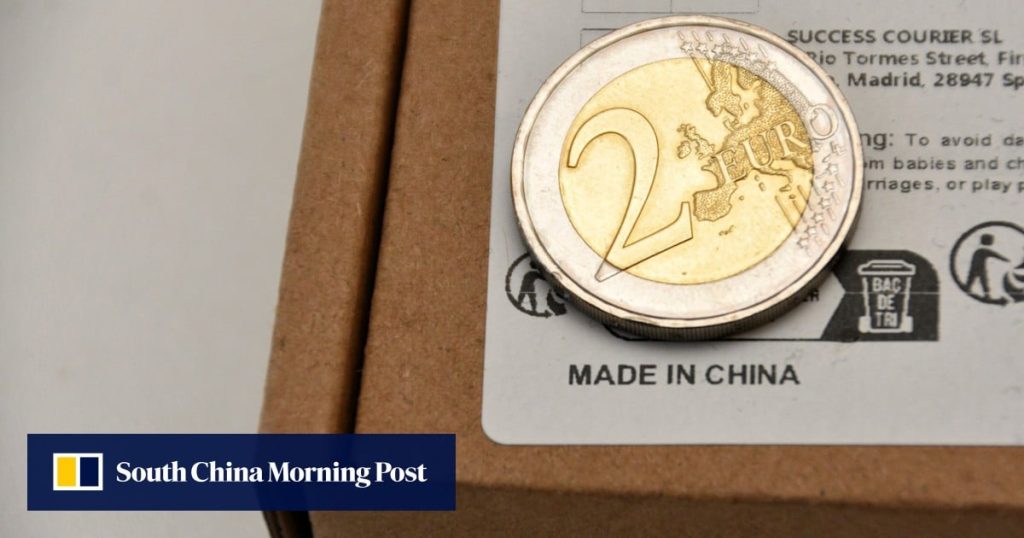Three years into the cross-border e-commerce trade, Shenzhen-based seller Xiong Hao is grappling with the fallout from Washington’s decision to scrap duty-free treatment for small parcels – and now the European Union looks to deliver the next blow.
“It’s getting harder and harder in the current environment,” said Xiong, who deals in toys and household goods. “Even though small parcels are technically duty-free, the EU already has a lot of miscellaneous taxes.”
EU member states have agreed with the bloc’s priority-setting body, the European Council, to remove a €150 (US$174) customs duty relief threshold, according to a European Commission statement released on Thursday.
Xiong said his business, which runs on roughly 38 per cent gross margin, cannot easily absorb another wave of tax increases that he estimated to be about 20 per cent in total, while his sales on TikTok Shop in the US have fallen about 40 per cent since July, year on year.
In 2024, 91 per cent of all e-commerce shipments valued under €150 came from China, the commission found, and their volume more than doubled to 4.17 billion items between 2023 and 2024.
The EU’s move, due to take effect next year, will hit China especially hard as the largest source of the shipments, according to analysts.


